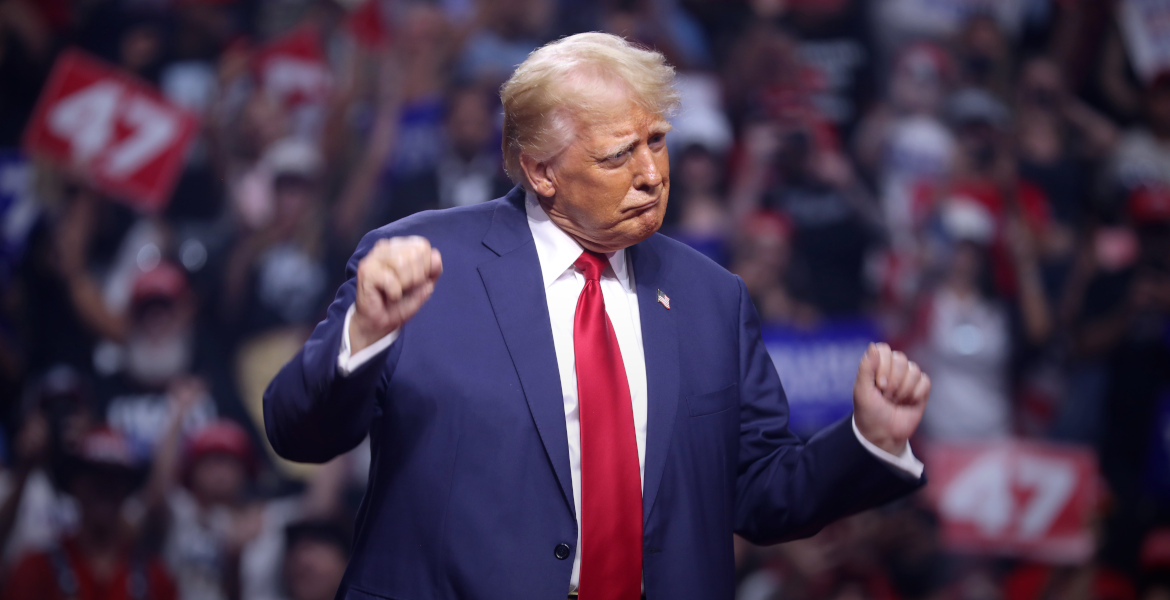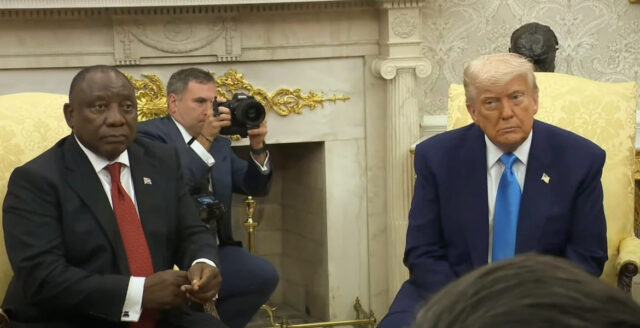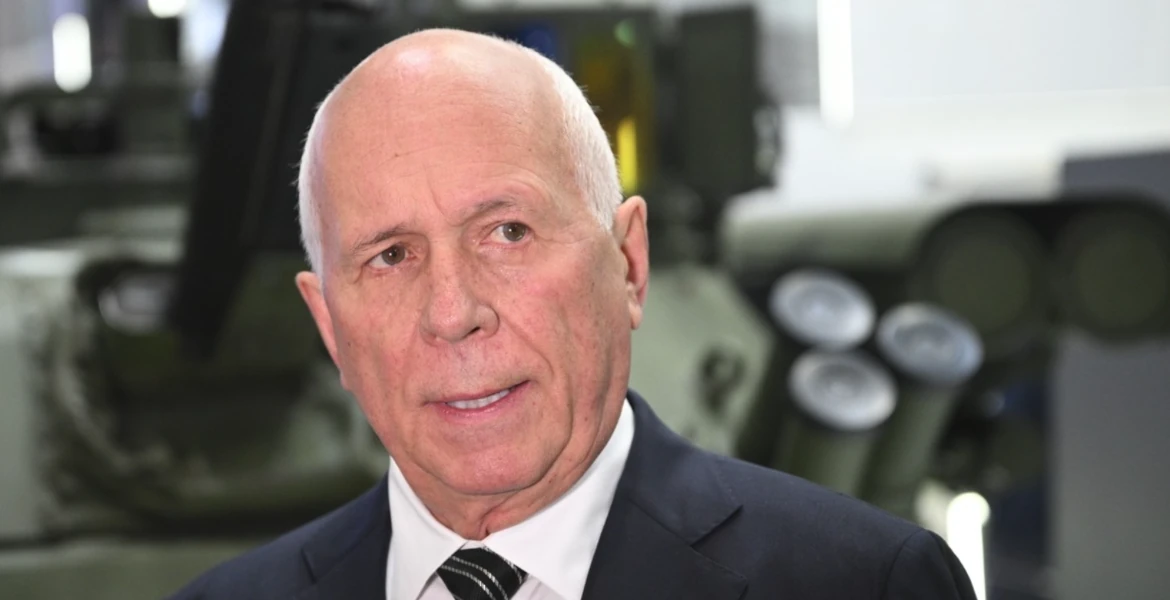The abortion law in the US state of Georgia, which previously banned abortions after six weeks of pregnancy, has been overturned by a state court. The overturning means that the state must now allow abortions up to 22 weeks of pregnancy.
The 1973 Roe v Wade case led to abortion being recognised as a constitutional right in the US up to 24 weeks. However, the ruling was overturned by the US Supreme Court in 2022, allowing states to pass stricter abortion laws. At the same time, the Georgia Life Act was passed, banning abortion after six weeks.
The law was challenged shortly after its implementation, and Judge Robert McBurney overturned it in 2022. However, the state Supreme Court also took up the case and ruled that the six-week limit should remain in place.
Overturning the six-week limit
The case has now been sent back to McBurney, who has again decided to overturn the abortion law, the BBC reports. The judge ruled that the law violated the state constitution after reviewing higher courts' interpretations of "liberty".
"Does a Georgian’s right to liberty of privacy encompass the right to make personal healthcare decisions? Plainly it does", the judge writes in his ruling.
The judge also cited the danger a six-week limit could pose to women, writing that "for many women, their pregnancy was unintended, unexpected, and often unknown until well after the embryonic heartbeat began".
Governor criticises decision
Brian Kemp, the state's governor, criticised the decision, saying that "the will of Georgians and their representatives have been overruled by the personal beliefs of one judge".
– Protecting the lives of the most vulnerable among us is one of our most sacred responsibilities, and Georgia will continue to be a place where we fight for the lives of the unborn, said Garrison Douglas, Kemp's spokesman, in a statement.





